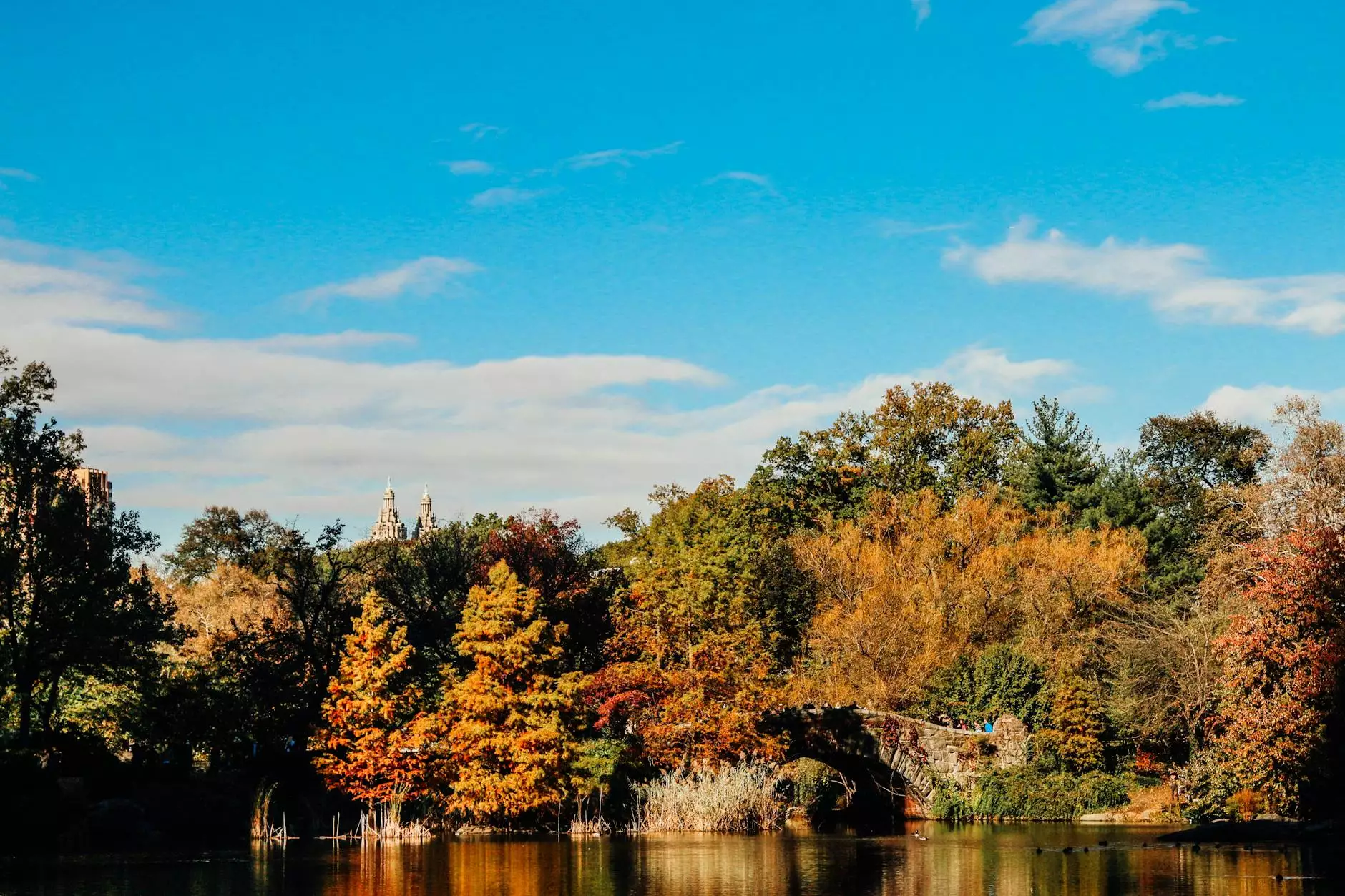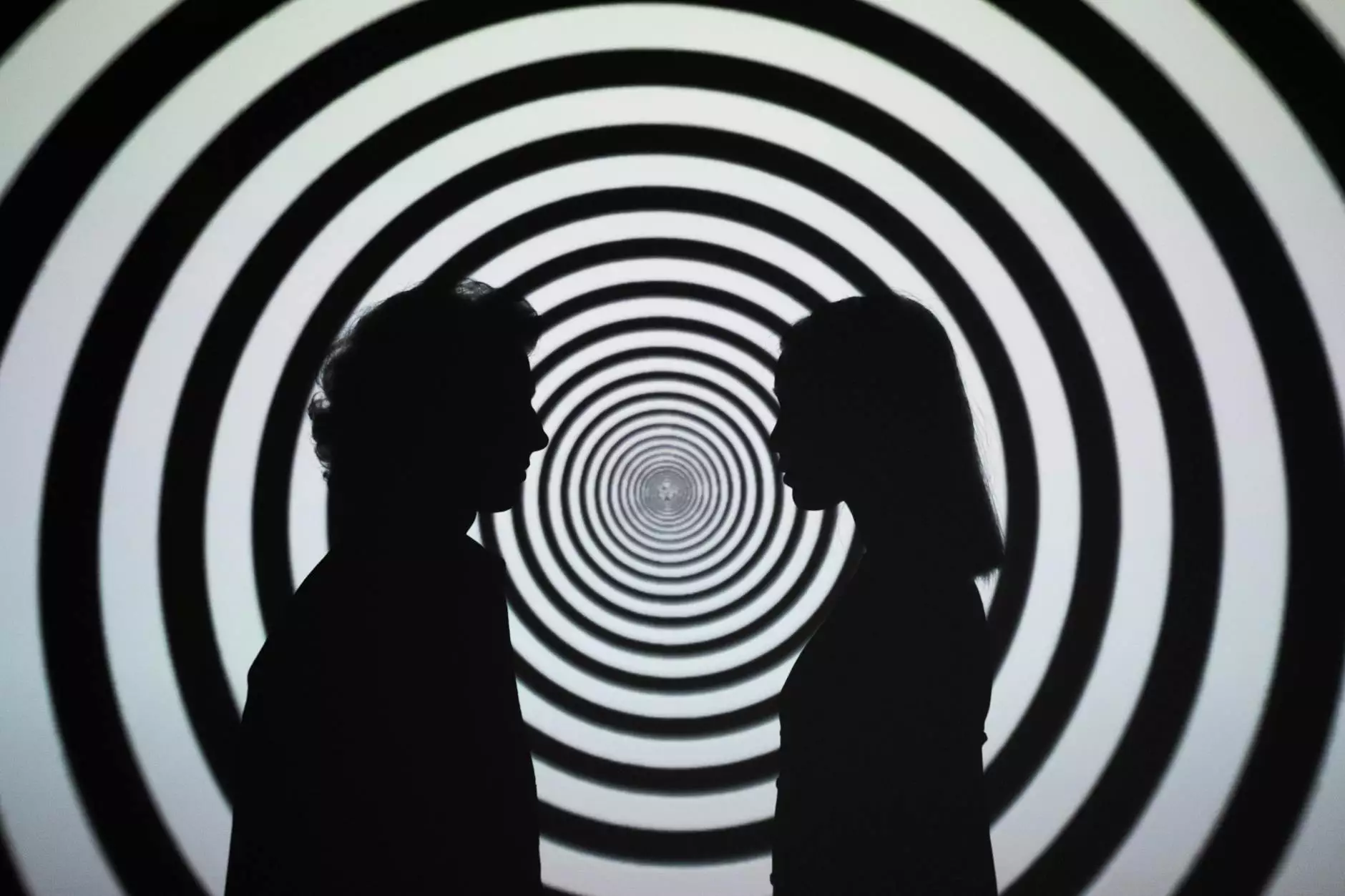Maximizing Your Photography Business with Lens Rentals

The world of photography is as vast and dynamic as the lenses used to capture its beauty. One of the most effective ways to enhance your photography business, particularly in niches like real estate photography, is through the strategic use of lens rentals. This article dives deep into the myriad benefits of lens rentals, practical strategies for incorporating them into your workflow, and how they can help your business stand out.
Understanding Lens Rentals
At its core, lens rentals refer to the practice of renting photographic lenses to help photographers access high-quality equipment without the hefty price tag associated with purchasing new gear. This model opens up various opportunities, enabling you to:
- Expand Your Equipment Range: Access professional-grade lenses that you may not want to invest in long-term.
- Test Before You Invest: Experiment with different lenses to see which best fits your creative style.
- Stay Updated: Utilize the latest technology without committing to expensive purchases.
Why Lens Rentals Make Sense for Photographers
Every photographer understands the importance of having the right tools for the job. Here are some compelling reasons why lens rentals are a wise choice for photography professionals:
1. Cost Efficiency
Acquiring high-end lenses can be a significant expense, often running into thousands of dollars. Lens rentals allow you to effectively reduce costs by renting lenses for specific projects. This is especially beneficial for:
- Photographers starting their businesses.
- Businesses operating on tight budgets.
- Projects requiring specialized lenses.
2. Access to High-Quality Gear
Photography is an investment in tools. Renting allows you to use top-tier lenses from renowned brands such as Canon, Nikon, and Sigma, thus enhancing the quality of your shots without breaking the bank.
3. Variety for Different Projects
Different photography projects require different types of lenses. For instance, when doing real estate photography, you might need wide-angle lenses for interior shots. In contrast, portrait photography might benefit from prime lenses for that beautiful bokeh effect. A rental service can provide:
- Wide-angle lenses for real estate.
- Telephoto lenses for wildlife or event photography.
- Macro lenses for detailed product photography.
Choosing the Right Lens for Your Needs
When delving into the world of lens rentals, selecting the right lens is crucial. Here are some factors to consider:
1. Project Requirements
Assess the specifics of your project. For instance, if you’re capturing the sprawling landscapes of a property, a wide-angle lens would be essential. Knowing what lens fits the project can save you time and money.
2. Lens Specifications
Take the time to understand the specifications of a lens, such as:
- Focal Length: Affects how much of the scene is captured.
- Aperture: Influences depth of field and low-light performance.
- Stabilization Features: Important for handheld shooting, especially in low light.
3. Compatibility with Your Camera Body
Ensure that the lens you are renting is compatible with your camera. Rental services typically provide information on compatibility, but double-checking is always a wise decision.
Tips for Successful Lens Rentals
Now that you understand the benefits and how to choose lenses, here are some practical tips for successful lens rentals:
1. Research Reputable Rental Services
Not all lens rental services are created equal. Look for highly-rated platforms, such as bonomotion.com, that offer a wide range of lenses, competitive prices, and excellent customer service.
2. Read the Fine Print
Before confirming a rental, ensure you understand the terms and conditions, including:
- Rental Duration: Know the timeline for returning the lens.
- Insurance Policies: Check what happens in case of damage.
- Shipping Costs: Consider if the rental includes these fees.
3. Inspect the Lens Upon Receipt
When you receive your rental, inspect the lens for any visible damages and ensure it’s functioning well. This will prevent disputes when returning the lens.
4. Use the Lens Extensively
Take the opportunity to maximize the use of the lens during the rental period. Experiment with its capabilities in different settings to truly assess its potential.
Integrating Lens Rentals into Your Photography Business Model
Incorporating lens rentals into your business strategy can provide a significant edge. Here’s how:
1. Building a Diverse Portfolio
Using different lenses for varying projects can diversify your portfolio. For example, utilizing a macro lens for product shots can attract clients in e-commerce, while a wide-angle lens appeals to real estate listings.
2. Upselling to Clients
You can enhance your service offerings by explaining to clients how specific lenses will improve the quality of their photographs. For instance, demonstrating an understanding of a lens's capabilities can win more business.
3. Networking and Collaboration
Engage with other photographers and professionals in your field. Share experiences about lens rentals, and perhaps attend workshops where you can discuss equipment preferences and recommendations.
The Future of Lens Rentals in Photography
As the photography industry evolves, the demand for flexible, high-quality equipment will only increase. Embracing lens rentals is likely to become standard practice amongst photographers of all levels. Remaining agile, well-equipped, and backed by the best technology will allow your business to thrive in a competitive market.
Conclusion
In conclusion, venturing into lens rentals presents a plethora of opportunities for photographers looking to grow their business. By strategically integrating rentals into your operations, you not only enhance your service offerings but also position yourself as a versatile and client-focused professional in the photography market.
Whether you are a seasoned photographer or just beginning your journey, embracing lens rentals can lead to improved creativity, reduced costs, and ultimately, greater success in the ever-evolving realm of photography.









